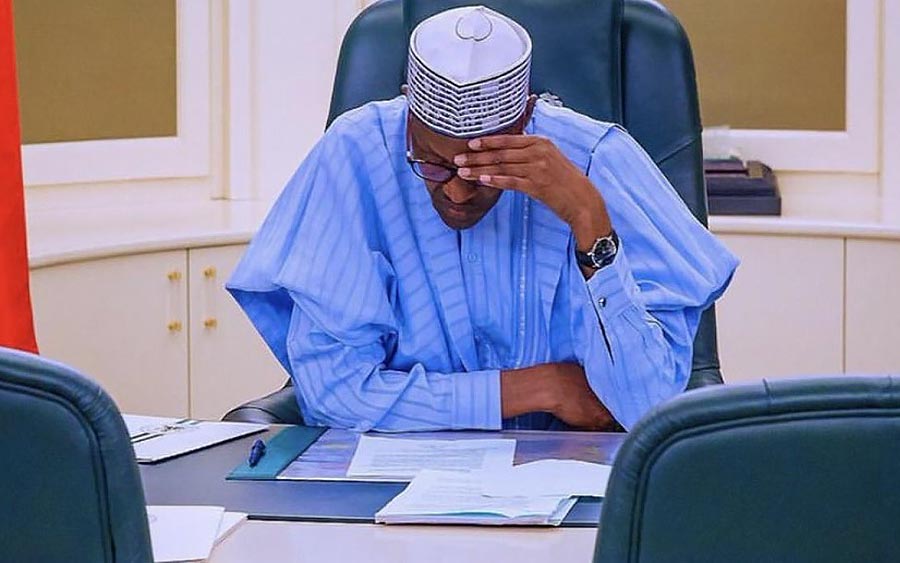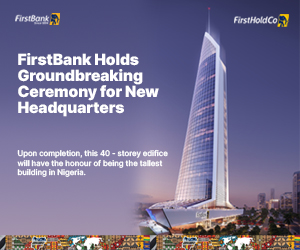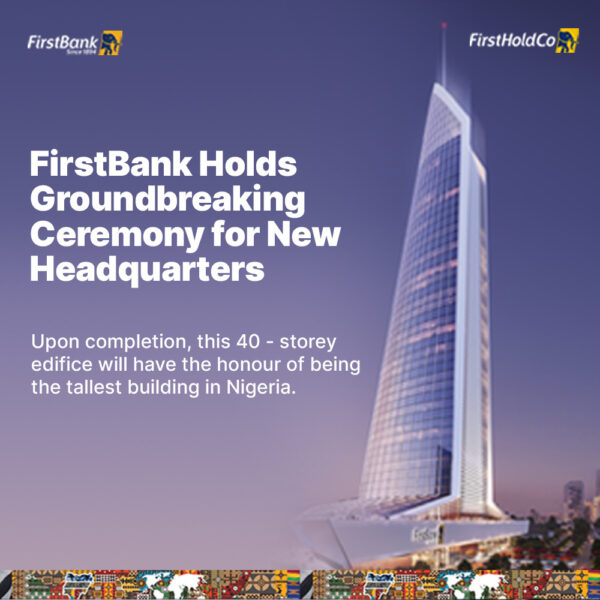Key Highlights
- There are reports of a plot to install an interim national government in Nigeria after the 2023 Presidential election, which has caused warnings from various corners of Nigeria’s democratic space, including the Department of State Services (DSS).
- The DSS has identified key players in the plot and has warned against such illegality, stating that it is unacceptable in a democracy and could undermine civil rule and cause unnecessary crises in the country.
- Some analysts believe that the fuss about an interim government is a strategy by the ruling APC party to maintain political control and distract from other political issues, while others see it as a way to salvage Nigeria and prevent potential threats from other political parties. However, there is confusion and concern among Nigerians about the implications of an interim government.
A month after Nigeria’s 2023 Presidential election which the Financial Times infamously described as “badly mismanaged”, the Nigerian political space has recently experienced the drama of “Interim Government” which has resulted in warnings from all corners of Nigeria’s democratic space.
However, most Nigerians have been left confused on a discussion that has seen the House of Reps give a statement warning against plots for an “ interim government”, ignoring the fact only a sitting government can set up an “ interim government”.
Speaking with analysts, Nairametrics tries to understand the aims and motivations of those clamoring for an interim government.
The origins
Last Month, Nigeria’s Department of State Services (DSS) confirmed a plot by some key players with entrenched interest to install an interim national government and stop Bola Tinubu from being sworn in as the president.
The secret police accused those elements of planning to set aside the constitution and undermine civil rule as well as plunge the country into avoidable crisis, adding:
- “The Department of State Services (DSS) has identified some key players in the plot for an Interim Government in Nigeria.
- “The illegality is unacceptable in a democracy and to the peace-loving Nigerians. This is even more so that the machination is taking place after the peaceful conduct of the elections in most parts of the country.
- “The DSS supports the President and Commander-in-Chief in his avowed commitment to a hitch-free handover and will assiduously work in this direction. It also supports the Presidential Transition Council and other related bodies in the States. It will collaborate with them and sister security and law enforcement agencies to ensure seamless inaugurations come 29th May 2023.
- “Consequently, the Service strongly warns those organizing to thwart democracy in the country to retract from their devious schemes and orchestrations.
A few days before the DSS statement Minister of State for Labour and Employment and the Spokesperson of the APC Presidential Campaign Council, Festus Keyamo (SAN), submitted a petition to the Department of State Services (DSS) against the presidential candidate of the Labour Party Peter Obi, and his running mate, Datti Baba-Ahmed.
Keyamo demanded their arrest and prosecution for treasonable felony and inciting comments which he said are capable of causing rebellion and disrupting peace, law, and order in the country.
Before the elections
The Federal Government had allegedly set the tone for the Interim Government just a week before the election playing down claims in certain quarters that a Presidency cabal was working toward an Interim National Government (ING).
The Minister of Information and Culture, Alhaji Lai Mohammed added the claim was the handwork of a fifth columnist, planning to destabilize the country.
Response to DSS’ concerns
The National Democratic Coalition (NADECO), which Tinubu was part of in the 90s reacted to talks of an “interim government” following events from the presidential elections.
NADECO urged the Department of State Services (DSS) to terminate what it described as “undemocratic and unpatriotic activities” bent on disrupting the democratic transition of power from President Muhammadu Buhari-led government to the president-elect Bola Ahmed Tinubu, they added:
- ”The nation has just witnessed a peaceful, fairest, and freest presidential poll and others that have ushered in the new set of leaders for the next political dispensation.
- “Some enemies of the nation will not allow peace to reign because of their selfishness and greed for power.
Meanwhile, another Tinubu-related group, South West Agenda for Asiwaju (SWAGA), urged that those calling for an Interim presidency are promoters of anarchy, urging supporters of Nigeria’s democracy to resist the move.
Interim Government in Nigerian History
Those who experienced the June 12th, 1993 political drama between the then Military Government and MKO Abiola, which resulted in Earnest Shonekan’s assumption of office as head of the transitional council and head of government under General Babangida in January 1993.
The transitional council was designed to be the final phase leading to a scheduled handover to an elected democratic leader of the Third Nigerian Republic.
Babangida later resigned from office in August 1993, following the annulment of the 12 June presidential election. He had signed a decree establishing the Interim National Government led by Shonekan who was subsequently sworn in as Head of State.
Three months into his administration, Shonekan was overthrown in a palace coup by General Sani Abacha in November of that year.
So what’s the Fuss about?
Margaret MacJohnshon, Analyst, SBM Intelligence told Nairametrics that the fuss of an interim government is a strategy by the APC party to continue to play safe in order not to be caught unawares by any moves by other political parties, especially the Labour Party presidential candidate, she added:
- “A chunk of Nigerians are gradually coming to terms with the results of the just concluded presidential elections, so APC as a party should focus more on how to salvage Nigeria and stop peddling false rumors.
- “APC questions her party members’ political loyalty, and that can be pitched as a presumed siege mentality.
- “Also, The manipulation of their existing fears and trying to instill new ones to enhance their vulnerability across the nation can be the reason for creating the interim government narrative.
Stanley Muomah, SBM’s head of operations, explained to Nairametrics that APC has a modus of distracting Nigerians during heated political issues, he said:
- “This is just to create confusion and part of their political plan and how to create a distraction when there is a major issue.
- “They come up with distractions to persuade people’s attention away from reality.
He urged that DSS should be neutral enough and not look like they are working for the APC, citing that the Labour Party revealed they have no plans to create an interim Government, and urged the FG to go after who has said so, which the Nigerian Governors Forum also urged the DSS to do.
























Nigeria can be a funny place sometimes.
The irony is obviously lost on the Secret Police (DSS) that, in its statement warning against a so-called “interim government”, it pledges its support for the so-called Presidential Transition Council, a body not known to either the Constitution (similar to the “interim government”) nor even to municipal law.
Meanwhile, even assuming there are agitators for an “interim government”, exactly how is that any different from or more treasonable than agitators for “state police” that is not recognized in the Constitution and in direct conflict with the constitutional provision for a national police force?
Btw, despite loquacious assertions to the contrary by most of Nigeria supposedly “learned” lawyers, the Constitution actually provides for an interim administration in the event of the incapacity (or such other unavailability) of both the president and vice president, so it’s not a concept completely alien to the Constitution.